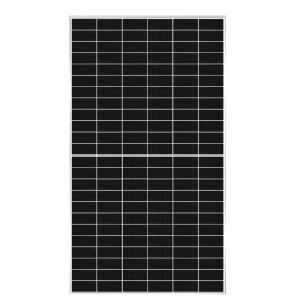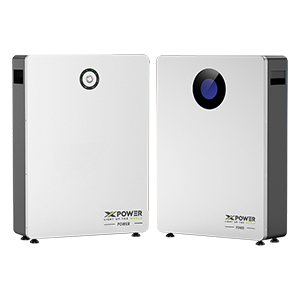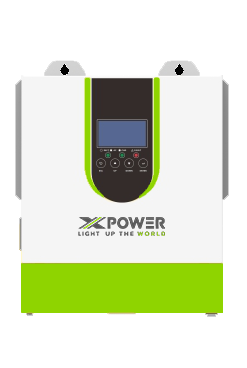Do solar panels work at night?
Time of Release : 2023-09-25
Introduction
Solar panels are a popular and sustainable energy solution that harnesses the power of the sun to generate electricity. However, a common question that arises is whether solar panels work at night. In this article, we will delve into the functionality of solar panels and explain why they do not produce electricity during nighttime hours.

Solar Panels and Sunlight
Solar panels rely on sunlight to generate electricity. They are made up of photovoltaic cells that convert sunlight into direct current (DC) electricity. This process occurs when photons from sunlight knock electrons loose from atoms, creating an electric current.
Absence of Sunlight at Night
During nighttime hours, the Earth rotates, causing the sun to be on the opposite side of the planet. As a result, solar panels are not exposed to direct sunlight, and therefore, cannot generate electricity. Without sunlight, the photovoltaic cells within the solar panels do not have the necessary energy source to produce an electric current.
Solar Battery Storage
While solar panels do not work at night, advancements in technology have introduced solar battery storage systems. These batteries allow excess electricity generated during the day to be stored and used at night when the solar panels are not producing electricity. Solar battery storage systems provide a solution for homeowners and businesses to continue utilizing solar energy even during nighttime hours.
Grid Connection and Net Metering
Another option for utilizing solar energy at night is through a grid connection and net metering. In this setup, excess electricity generated by solar panels during the day is fed back into the grid. At night, when the solar panels are not producing electricity, users can draw power from the grid. Net metering allows for a seamless transition between solar energy and grid electricity, ensuring a continuous power supply.
Alternative Energy Sources at Night
While solar panels may not work at night, there are alternative energy sources available to meet electricity demands during nighttime hours. These include traditional grid electricity, wind power, hydroelectric power, and geothermal energy. Combining various renewable energy sources can provide a reliable and sustainable power supply around the clock.
Conclusion
Solar panels are an effective and eco-friendly energy solution that harnesses the power of sunlight to generate electricity. However, it is important to understand that solar panels do not work at night due to the absence of sunlight. To overcome this limitation, solar battery storage systems and grid connections with net metering offer solutions for utilizing solar energy during nighttime hours. By combining different renewable energy sources, we can ensure a continuous and sustainable power supply throughout the day and night. Understanding the functionality of solar panels helps us make informed decisions about our energy needs and contribute to a greener future.





